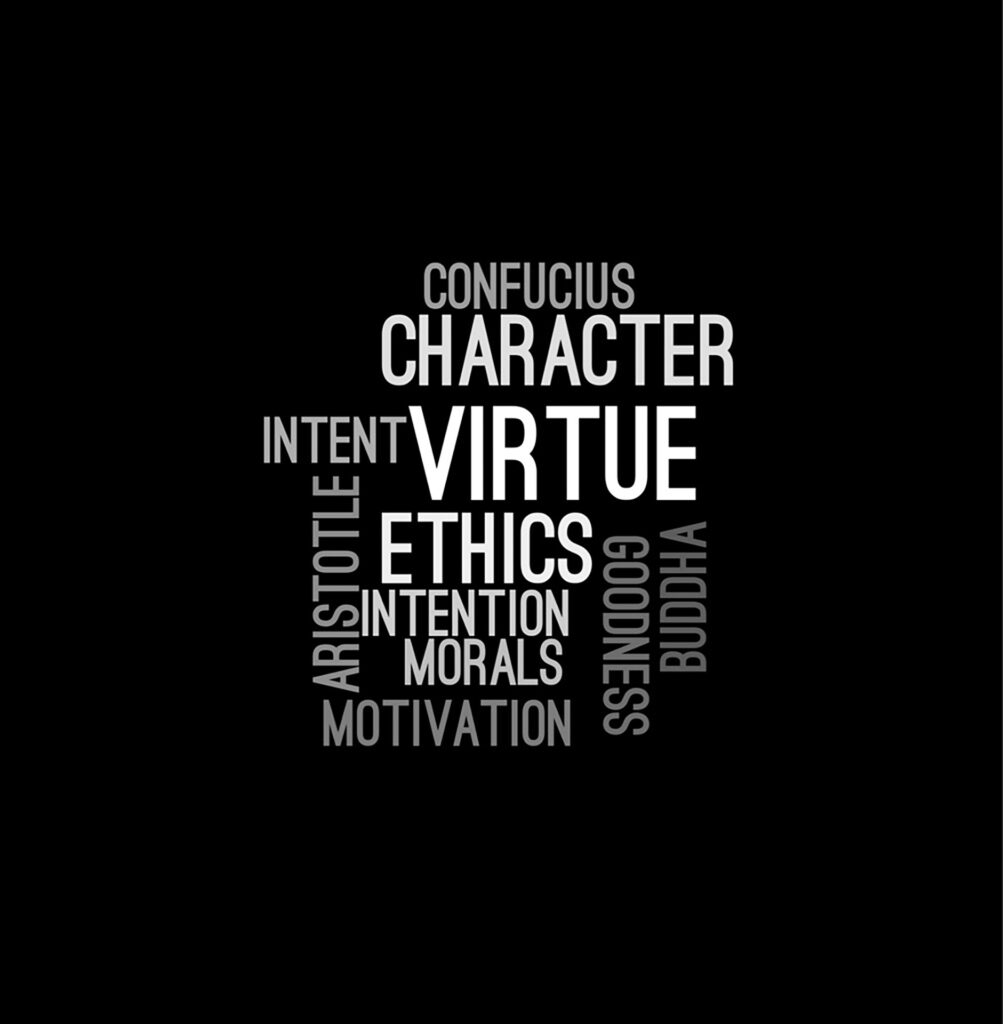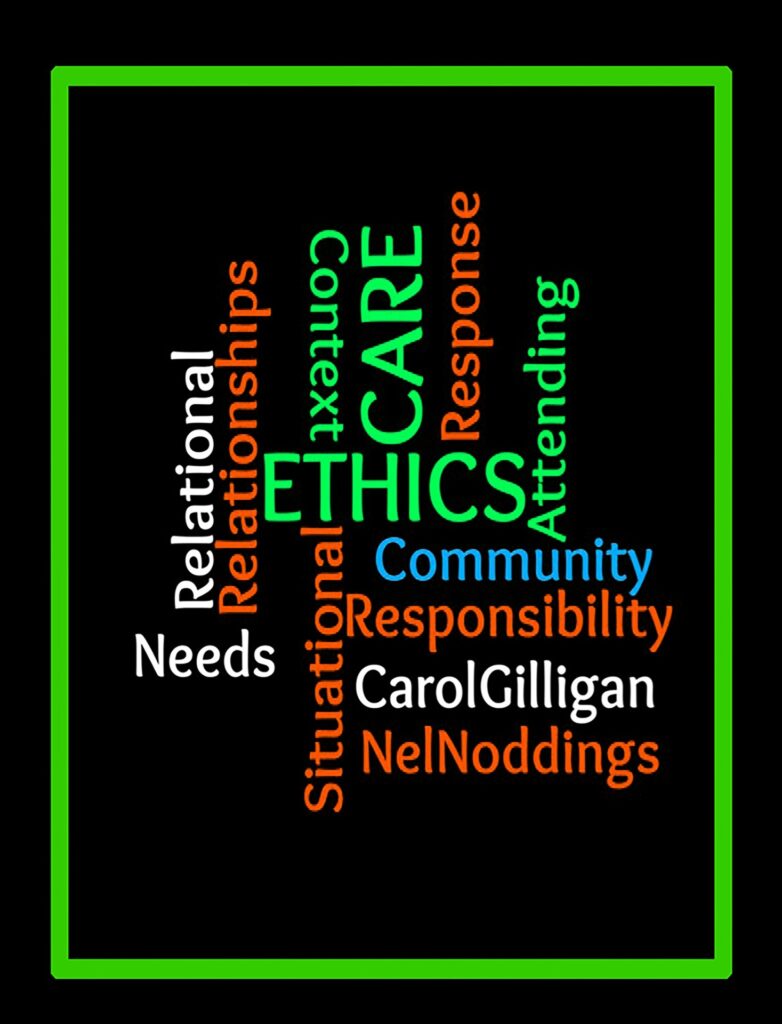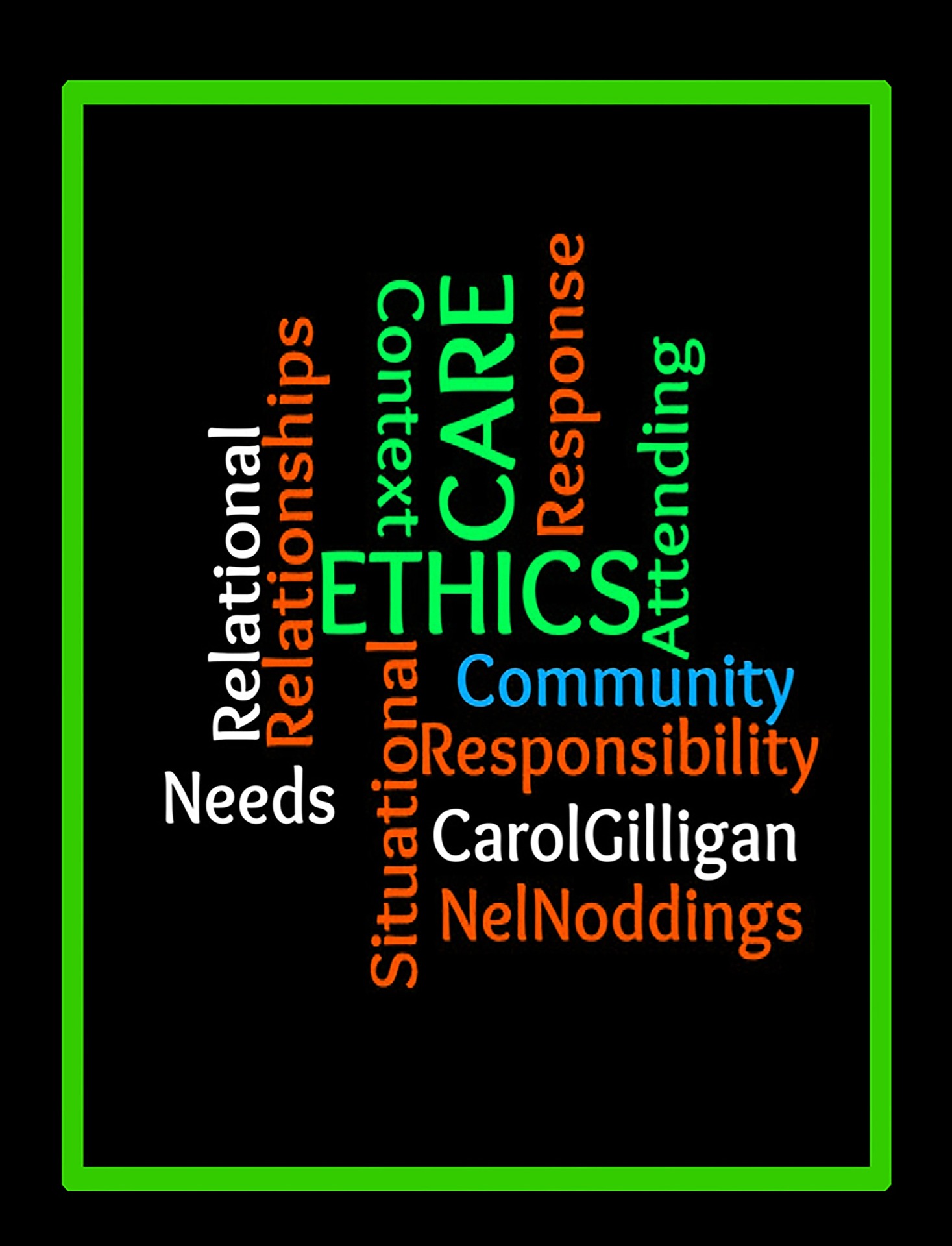Hello everyone! This blog post is a little different from the previous ones because today I will be diving into the ethics of data science! Since we just made our first project, I feel that it is crucial to understand the implications of what we can do with data. Although data science has the potential to improve the world, data contains private information about individuals, and this can bring up numerous issues.
You may be wondering what exactly data science ethics are. Ethics distinguish between right and wrong, and in this case, data science ethics focus on using data for the good and building the trust of those whose data is being used.
Ethical Concerns
Privacy: Data scientists have the responsibility of protecting the data of those they are working for, and this means that they should not share it with others unless given explicit permission to do so. Additionally, there should be security measures placed on where the data is kept to ensure that the information does not go into the wrong hands. Anonymizing data can protect individuals’ identities. This can be done through pseudonymization, which involves giving fake names, or de-identification, which involves removing personal information that could be used to identify someone, such as names or Social Security numbers.
Consent: It should never be assumed that someone agrees to give up their data. Informed consent should be obtained from individuals. Examples of this are pop-ups that ask if websites are allowed to track the user using cookies.
Transparency: Transparency means explaining what data will be collected, how it will be kept, and what it will be used for. It needs to be clear who will have access to the data and what algorithms are used to analyze the data. Being transparent about the algorithms and methods used also allows others to check your work and possibly build upon it.
Bias: Bias is discrimination that can unfairly target certain groups of people. An example of this kind of bias is sampling bias, which is when the data that is used for training is not representative of the whole population. To work towards fixing this, data that is used for training needs to be diverse and represent multiple populations.


Conclusion
Overall, it’s important to treat the data you are given with the proper amount of care and respect. Entrusting your data to someone is no small feat, and so you must own up to the responsibility you are given. I hope that this gives you an idea of how to stay ethical in your data science pursuits!
